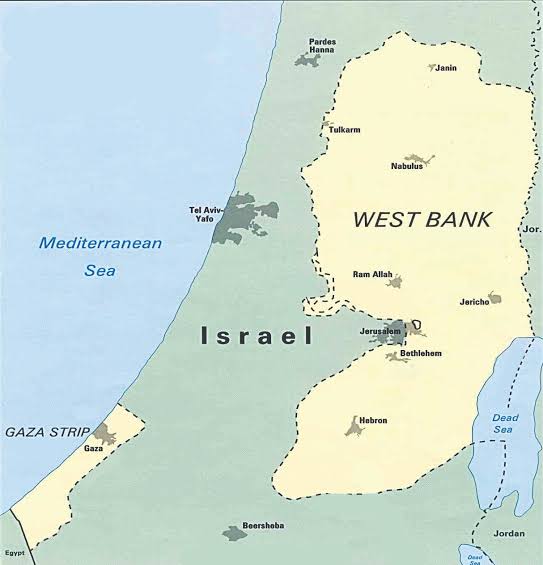900 319 0030
enquiry@shankarias.in
Empowering Tribal, Transforming India
Dekho Apna Desh Webinar
Queen Velu Nachiar
Benjamin Guy Horniman
Collaring of Fishing Cats

RBI Surplus Transfer
Israel – UAE Deal

Source: PIB, the Hindu